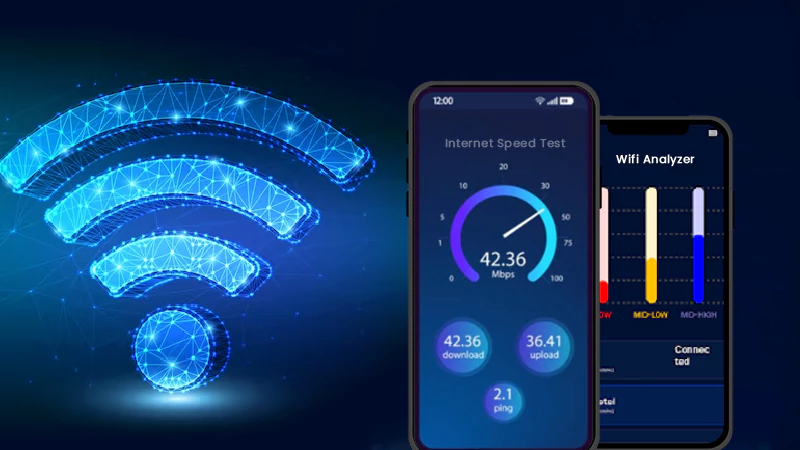Four Things You Should Know About Solar Incentives in 2023
Your monthly energy bill is like a rollercoaster; there’s a slight idea of the direction you’re heading, but it can change at any time. No matter what you’ve done, the bill seems to remain high.
But have you thought about switching to solar energy? It’s becoming more popular because of its benefits, such as reducing fossil fuel usage and creating jobs.
However, it’s also great for home and business owners alike because of solar incentives. We’ll discuss all you need to know about them if you plan on going solar in 2023.
Investment Tax Credit Deduction
One of the first pieces of information you’ll come across when considering switching to solar energy is ITC or the investment tax credit. It’s part of a collection of federal solar incentives.
It allows buyers to deduct a percentage of the cost of the solar system from their taxes. Currently, it’s capped at 26 percent, which means that if your system costs 26,000, your deduction will be worth $6,760.
However, it won’t be at 26 percent for too much longer. Congress has scheduled the ITC to be lowered by another two percent by the end of 2023. So if you want to make the most of your tax-deductible, now is the time to switch.
Qualifying for ITC
Solar installation can come with hefty upfront costs, which is why most people apply for solar panel incentives covered under the ITC. However, you’ll need to ensure you qualify to gain the credit.
Here are a few guidelines you’ll need to adhere to when applying for ITC in 2023:
- Only valid for solar system’s purchased between December 2006 – December 2023
- You bought your system outright and did not sign a lease
- Credit is only eligible for new solar systems, not existing ones
If you can cross these items off your checklist, you should qualify for the ITC. However, because there are different solar incentives by state, you’ll need to check whether the qualification guidelines differ. Professional commercial solar installers are another option you have if you want someone to handle your project from feasibility and procurement through installation and government incentive paperwork.
Items Covered Under the ITC
If you happen to qualify for the ITC credit, you’ll be happy to know that it covers various items such as:
- Solar panel costs
- Labor costs, including permits and inspections
- All solar equipment, such as inverters and mounts
- Energy storage devices
- Sales taxes on appropriate expenses
It’s no wonder why solar energy is becoming increasingly popular. With these benefits, you’ll get the superior return you’ve always wanted on your taxes.
Applying for the ITC
Applying for the investment tax credit is simple. Your first step is downloading the residential energy form from the IRS website.
Next, you’ll need to follow the instructions listed on the form. Some calculations will need to get done, so make sure you have a tool to help. Afterward, submit the paperwork and await your answer.
Solar Incentives Will Brighten Your World
As you can see, there are various solar incentives you can gain when switching to solar energy. However, if you want to apply for the ITC and save money on taxes, be sure that your home qualifies.
If you’re interested in more content about solar power or other forms of sustainable energy, feel free to visit our blog.
Exploring Common 2-Story Houses Energy Usage Patterns and…
How Long Does It Take to Obtain An…
The Secrets Behind High-Performance Racing Windows
Co-Parenting Strategies for Divorced or Separated Parents in…
How Auto Lawyers Help Victims of Distracted Driving…
How Can an Attorney Help in a Trucker…
What is the Rule of Thumb for Pipes?
Best DVD Rippers for Windows & Mac: Free…
Reducing the Impact of Unexpected Construction Expenses
8 Ways to Improve Wi-Fi Speed and Stability…
What Information Can Be Gleaned From a Funnel…
Essential Strategies to Make Hotel Management Easier












